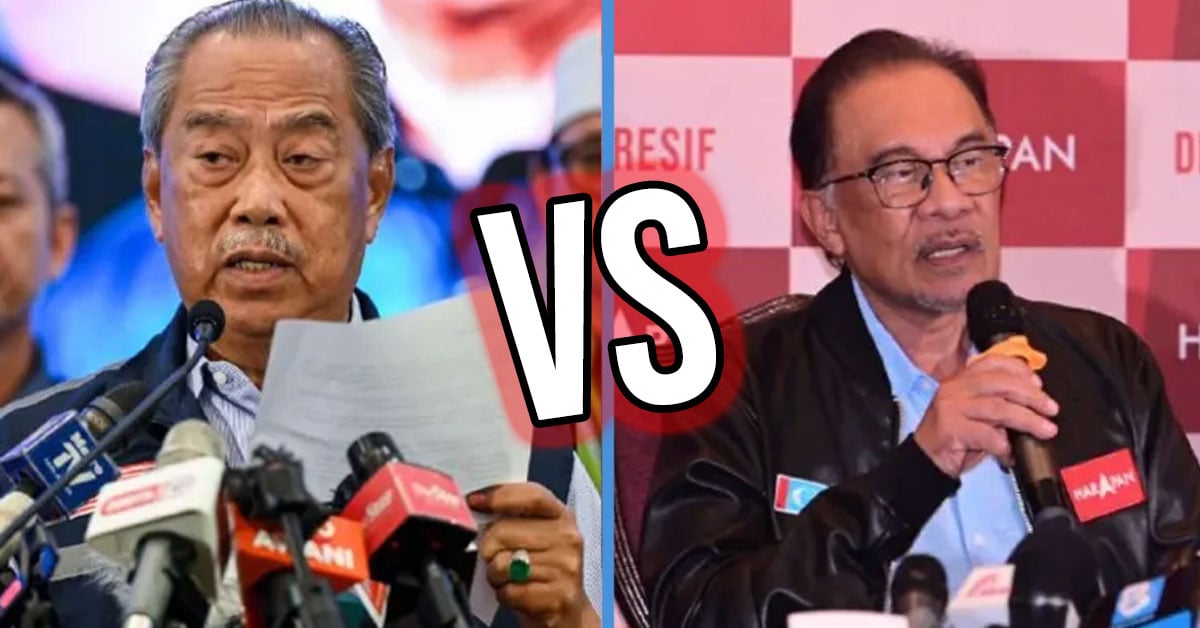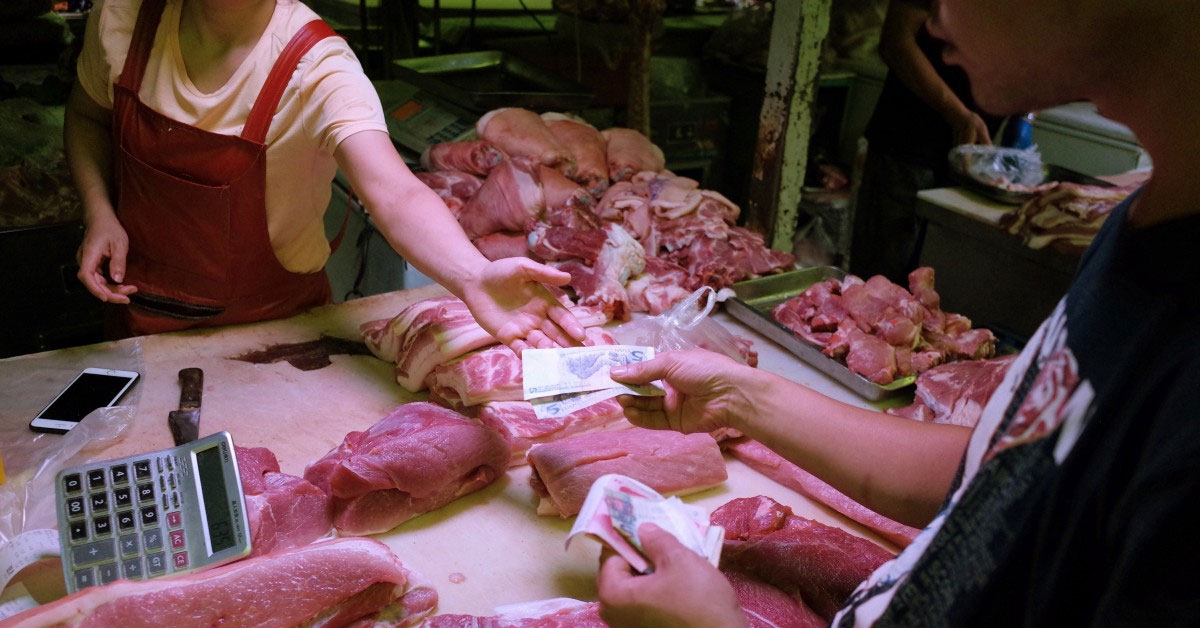Have you ever heard the saying, so close yet so far?
Well, that’s how we’re all feeling about the Malaysian General Elections now, aren’t we?
So Close Yet So Far
In light of the first ever hung parliament in Malaysian history (19 November 2022), coalitions were expected to submit their official alliances by Monday (21 November) 2pm.
However, despite the original claims of already forming alliances by the two leading parties in the elections, neither party has successfully submitted their arrangement for the new government.
As such, the King of Malaysia has extended the Monday 2pm deadline by 24 hours to Tuesday 2pm.
Forming a Government
Anwar Ibrahim’s Pakatan Harapan (PH) and Muhyiddin Yassin’s Perikatan Nasional (PN), with 82 and 79 seats respectively, need the support from Barisan Nasional (BN) parliamentarians to achieve the simple majority in the 222-seat legislature.
However, UMNO’s BN was divided on the issue.
BN’s leader wants to commit its party’s 30 Minister of Parliaments (MPs) to PH.
On the opposite side of the chasm, about 20 BN MPs want to join PN, with some prominent figures in the party believing that they should stay in the opposition. Some have even threatened to resign if they joined PH.
Just as we thought we could finally see a government surfacing, the signs have sunk back down.
Hung Parliament
After the casting of the votes, while there was a winning party with the most seats, there was no government formed. This was the first time in the nation’s history that there was a hung parliament.
Wait, what? How?
First, let’s understand how the system works.
As we all know, the number of votes is proportional to the number of seats won: more votes equals more seats in parliament. Simple, right?
Next, we have to comprehend how a government is formed.
The government is not formed by the party with the most seats. It is formed by the party with the majority of the seat. In other words, a party has to have not only the most number of seats, but also more than half of the seats, in order to form the government.
In Malaysia’s case, the dominating party, Pakatan Harapan (PH) coalition secured 82 seats in the 222-member parliament. It secured the most seats, but not the majority. Simply put, it checks only one of the two boxes required.
So, what now?
In this case, since there is no government formed, we refer to the scenario as having a “hung parliament”.
When this happens, parties can band together and form alliances. Through this, they form larger bodies and their seats are combined. This would allow parties to check the second box in forming a government.
What if no alliances are formed?
If none of the parties give in, a snap election will be held, which means that an election will be held again amongst the continuing parties, so as to have a better gauge of representation.
Looking at the current situation, we might be expecting a snap election.
Until then, let’s just enjoy the K-drama of an election that our neighbours are going through.
If this is still confusing, watch this to the end and you should understand completely:
Featured Image: Parties’ Press Conference



